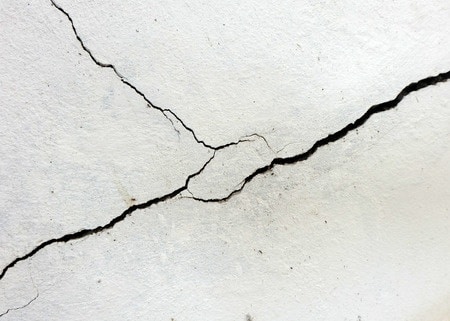
Stress fractures are a relatively common cause of injury in runners and athletes alike. Stress fractures come in all shapes and sizes. We can develop a stress fracture of our toes or the largest bone in the body, the femur.
Why Do Stress Fractures Occur?
Your bones are capable of handling a certain load or amount of stress. The amount of stress that your bones can handle depends a lot on the stress that the bones have been witness to over the last few months. Your bones and the cells that build or breakdown bone respond to stress. If you exercise then your bones have become more dense and stronger to enable them to adapt to the demands of your exercise. If you were bedridden by an illness, your bones are now weaker because they were not under stress.
When we exercise, or train, the 10% rule is in place for many reasons. The 10% rule states that you do not increase your training more than 10% per week. If you do then you start to over-stress your body — and your bones. If you increase your distance slowly over time your bones will adapt to this stress. If you do not allow enough time for this adaptation to take place, then your bone will start to fail. As the bone fails, it swells internally. That hurts. We refer to this as a stress reaction. If your activity persists, your bone will start to break and we refer to this as a stress fracture.
Of course if you suffer from osteoporosis, or other diseases your bones might be even more brittle and even walking alone could result in a stress fracture. If you start a walking program because your doctor or friend told you to… the 10% rule applies to you too.
How Do We Treat Stress Fractures?
Most stress fractures only require rest to heal. Certain fractures, such as a femoral neck stress fracture might require surgery. Other stress fractures might require surgery only if rest doesn’t lead to healing.
Respect your body and its need to recover. Recovery is one of the most important aspects of training. Your bones will keep up with you, if you give them the time and opportunity to do so.
If you believe you may have a stress fracture… especially if you have groin pain while walking, or training see your physician. Sometimes and X-ray will reveal a stress fracture, but sometime an MRI or bone scan might be needed as well.
Do you have questions regarding an Orthopedic injury or longevity?
Do you want to talk to an expert who can listen to you for 45-60 minutes and explain the options in detail?
Dr. Howard Luks offers remote guidance sessions to review your X-ray or MRI images and explain your options.
Dr. Luks has also received hundreds of requests for educational sessions on the topics discussed in his book, Longevity Simplified.











